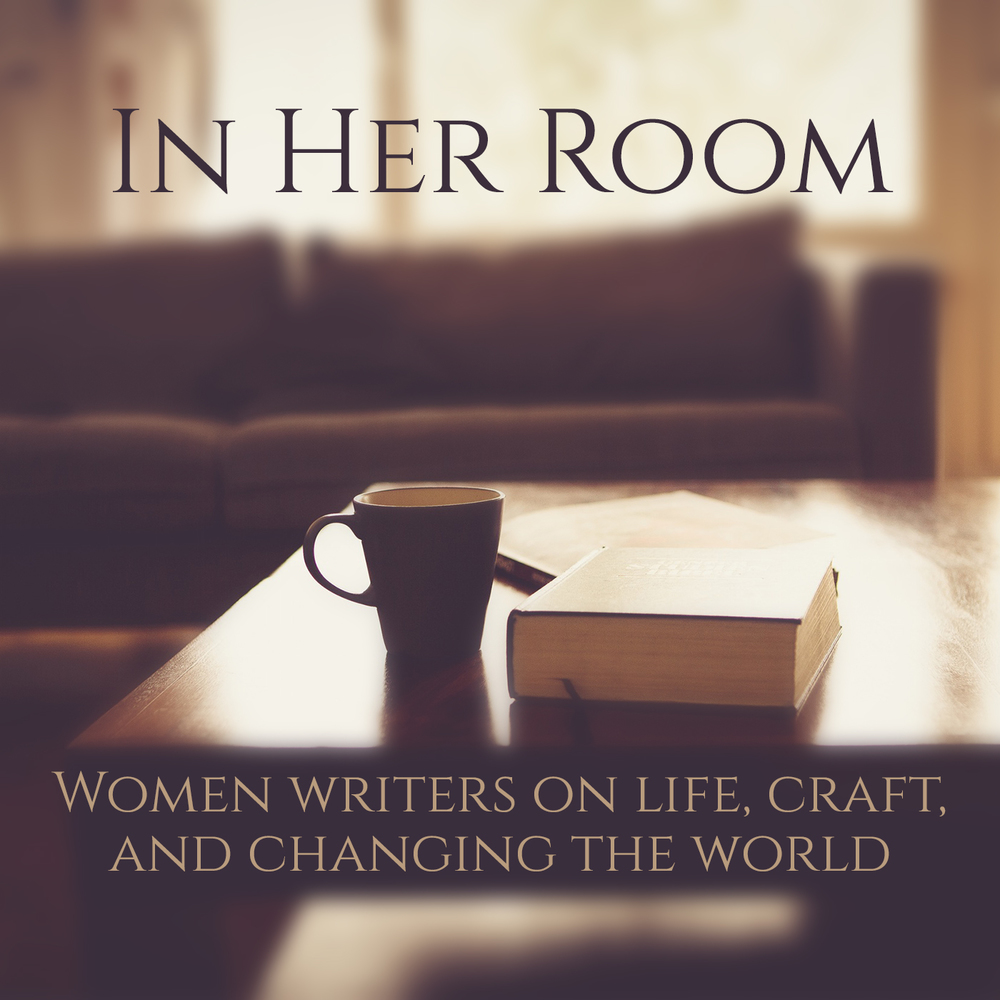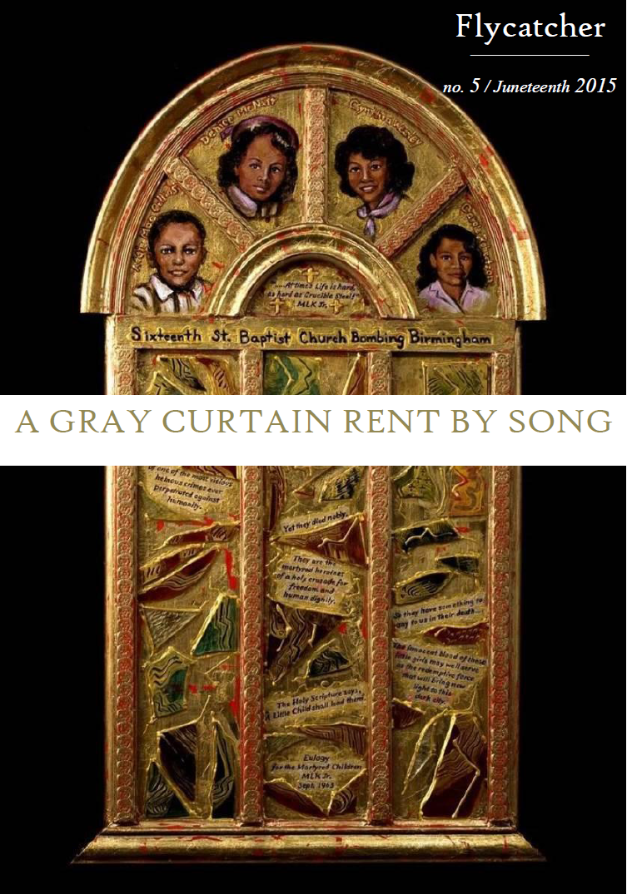
I've been away: Out of town. Out of state. Out of this time zone.
I've been away: Out of words. Out of tears. Out of time.
Out of time: To have no time left.
Out of time: To be outside of time.
* * *
Some people believe that God is outside of time, seeing the whole story from start to finish before it plays out for us mortals. This theory allows for predestination, the idea that God not only sees the whole story but also has ordained it, including who receives eternal life and who, well, doesn't. This kind of predestination thinking seeps into the highs and lows of human existences. Horrible things happen and some mortals leach comfort from platitudes: This is all part of God’s plan. Everything happens for a reason.
I believe that everything happens for a reason insofar as I believe in the commonsense law of cause and effect.
Yes, things happen for a reason. One thing causes another. We can reason it out:
My friend got breast cancer.
She had treatment.
The treatment worked.
She got well.
My same friend got another kind of breast cancer.
She had treatment.
It didn't work.
She died.
* * *
Life is a series of If/Then statements.
The day after my friend died, I flew across the country for a trip I'd had planned for months. The older I get, the more nervous I feel on planes. With each takeoff, landing, and turbulent bump of this trip, I thought to myself: If Christy can die, so can I.
This wasn't a recognition of my own mortality. I've been well-aware of that for years, like a stone in my shoe mostly obscured on a daily basis by the padding of a well-placed callous. Rather, this thought was a comfort, almost a feeling of empowerment: If my friend who loved life so much could die, well, then by golly, so can I!
* * *
The week after I returned home, my mother had a scheduled surgery at a hospital an hour from my house. During her five days in recovery there, I drove to the hospital. I sat. I drove home. Repeat.
None of us knows how much time we have.
I've been away. Like I said. Now I'm back. I'm trying to get back to the rhythm of my life, but I keep looking around confused, checking the date on the calendar, the time on the clock. My mind and heart have become an absentminded professor patting down his dusty tweed blazer looking for his reading glasses, which, of course, are perched atop his frizzled hair.
I keep wondering where I've been for the past month.
It's not just a god who can be unbound by time. A person in a fugue state operates outside of time.
Fugue: a disturbed state of consciousness in which the one affected seems to perform acts in full awareness, but upon recovery cannot recollect the acts performed.
I keep wondering where I've been, but really, I can tell you: Washington, Oregon, Chicago, Pennsylvania. In airports. On the beach. In the kitchen. At the store. At the hospital. On the couch. In bed.
I can track my every move. But still I wonder: Where have I been? I'm back now, but I keep asking: When will I return?
* * *
If life is normally a fat layer cake, I've been living thin in the uppermost layer. The layers labeled with things like writing, work, cleaning, and exercise have collapsed under the weight of that thin upper layer called day-to-day survival.
Or think of it this way: During certain times (around death, illness, travel) life narrows, condenses down into the most basic elements: Find some food. Make your way from Point A to Point B. Seek shelter. Find some clean underwear if you can. Drink some water. Circle the wagons. Hold tight to the people you love. Say a prayer. Amen.
I miss my friend. This is my first intimate experience with grief. I know how lucky that makes me at age 39.
My mother is home from the hospital now and should make a full recovery. (I know how that lucky that makes my family.) But if she doesn’t? What then?
Some things aren't a matter of if but when.
I don't believe in the Christian doctrine of predestination, the idea that God has chosen before time who will be saved for all of time. But we also know that life as we know it has one final, common destination. We don't really know where or what that is, but we know we're all headed there.
* * *
Out of Time: Title of an R.E.M. album that I listened to on repeat in my Sony Walkman during high school.
The album includes both "Shiny Happy People" and "Losing My Religion." I'll let you guess which one I like better.
This week I've been listening on repeat to another song on that album: "Half A World Away." Michael Stipe sings in his plaintive whine:
This could be the saddest dusk I've ever seen
Turn to a miracle, high alive
My mind is racing, as it always will
My hands tired, my heart aches
I'm half a world away, here....
He's accompanied by jangly guitars chords, oscillating strings, and an organ that sounds like a Baroque harpsichord playing a sea shanty. There's a lot going on in the song. It's not a true fugue, but the polyphony blends the parts into a beautiful whole.
Fugue: something resembling a fugue, especially in interweaving repetitive elements.
Fugue: a musical composition in which one or two themes are repeated or imitated by successively entering voices and contrapuntally developed in a continuous interweaving of the voice parts.
I admit I had to look up the meaning of the word contrapuntal: of, relating to, or marked by counterpoint.
Counterpoint, I know: the combination of two or more independent melodies into a single harmonic texture in which each retains its linear character; something that is different from something else in usually a pleasing way.
Good friends are counterpoints.
The best friendships are fugues.
* * *
Christy was a writer. We attended the same MFA program. We shared many of the same writerly hang-ups (procrastination, impatience, doubt). We shared a genre—creative nonfiction—but our writing styles are vastly different.
I'm a prose writer who probably should have been a poet. I write in snippets, slices, splices. I find all the threads and paste them onto the page. She, on the other hand, could weave those threads together into beautiful tapestries.
She knew how to ferry readers along from Point A to Point B.
Me? I'll show you Point A and Point B and let you find your own damn way between them. Christy was more generous than I am, both on and off the page.
She used to worry that her writing wasn't "lyric" enough. I told her that I wish I could write a narrative with as much fluidity and grace as she could.
Her writing was a river that flowed with ease through the rapids and the tranquil pools, delivering readers to that far shore of a narrative's conclusion.
Her writing was a cool drink of water on a hot day.
My writing is water, too. I'm splashing it at you.
* * *
When I travel to the Pacific Northwest from my home in Pennsylvania, as I did last month, I like to say that I'm half a world away, but it's all hyperbole. Being on the other side of North America isn't even close to being halfway around the earth. I'd have to go to Indonesia or Australia for that.
Oh this lonely world is wasted
Pathetic eyes, high alive
Blind to the tide that turns the sea
This storm that came up strong
It shook the trees, and blew away our fear
I couldn't even hear....
I love a good story. I just don't know how to write one yet.
 Thursday, July 30, 2015 at 1:14PM
Thursday, July 30, 2015 at 1:14PM 




